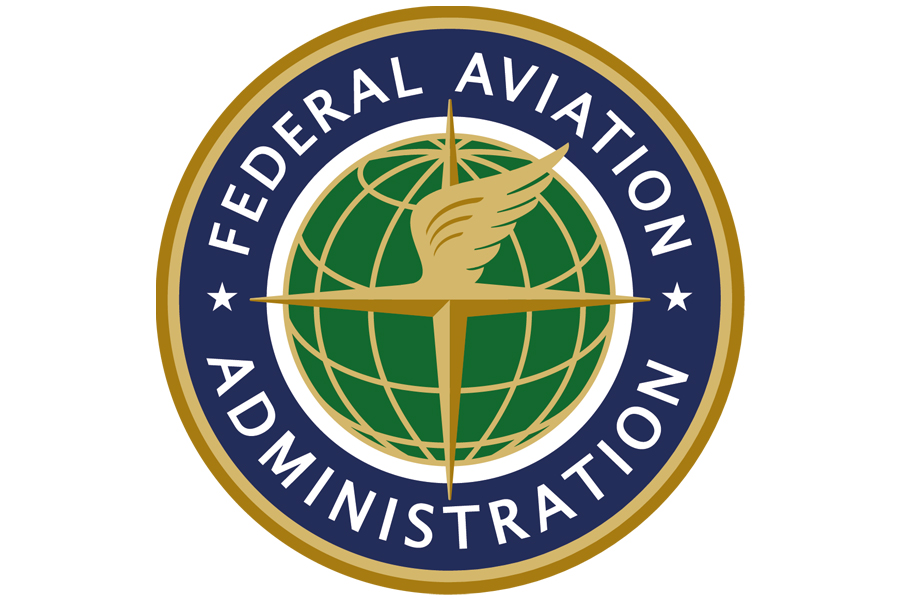GA groups tell FAA of threat to flight training in Limited Category aircraft
EAA, AOPA, GAMA seek clarification in regulation and policy
EAA AVIATION CENTER, OSHKOSH, Wisconsin — (April 20, 2021) — The fallout from a recent court decision regarding compensated flight training in Limited Category aircraft threatens the ability to train and maintain proficiency in a broad spectrum of aircraft, according to letter sent by several general aviation groups to the Federal Aviation Administration.
The April 20 letter signed jointly by the Experimental Aircraft Association (EAA), the Aircraft Owners and Pilots Association (AOPA), and the General Aviation Manufacturers Association (GAMA), was sent to Ali Bahrami, FAA Associate Administrator for Aviation Safety. The letter noted that the April 3 judgment issued by the D.C. Court of Appeals in the Warbird Adventures, Inc., et al vs. Federal Aviation Administration case “has created significant confusion and concern in the aviation community regarding the impact of the decision on compensated flight training.”
In its ruling, the court declined to lift a cease-and-desist order issued by the FAA against Warbird Adventures of Kissimmee, Fla. The judgment concluded that Warbird Adventures was operating a limited category aircraft for compensated flight training without a required exemption. Unfortunately, the court went further and stated that a flight instructor who receives compensation for flight instruction is carrying persons for compensation or hire. This occurred in the form of an unpublished opinion, meaning the court did not see precedential value in the ruling, but the FAA could cite the decision as precedent in future cases. The court ruling suggests that any compensated training in Limited Category aircraft, whether or not the use of the aircraft is compensated by the student, requires an exemption. This could potentially prevent aircraft owners from training in their own aircraft.
Without offering an opinion on the specifics in this particular case, EAA, AOPA, and GAMA were part of a group that had filed an amicus brief in the case, noting that a court decision favoring the FAA could greatly hinder flight training in historic aircraft. The Limited Category was created after World War II to allow civil operation of aircraft that had proven records as military aircraft. That includes approximately 350 aircraft in the FAA registry, with about two dozen exemptions that allow compensated flight training. In addition, the FAA has historically not prohibited owners of limited category aircraft from paying instructors for flight training in the owners’ aircraft.
“We are seeking FAA clarification in three areas: how the agency characterizes flight training, flight instruction in Limited Category aircraft, and flight instruction in other categories of aircraft,” said Jack J. Pelton, EAA’s CEO and chairman of the board. “This court decision has led FAA to consider a broadbrush application of the rule that could restrict access to flight training and therefore, negatively affect aviation safety. This is why immediate clarification is so important, to determine how flight training can be provided in Limited Category aircraft as well as the essential flight training in many other categories of aircraft that takes place on a daily basis.”
About EAA
EAA embodies The Spirit of Aviation through the world’s most engaged community of aviation enthusiasts. EAA’s 230,000 members and 900 local chapters enjoy the fun and camaraderie of sharing their passion for flying, building and restoring recreational aircraft. For more information on EAA and its programs, call 800-JOIN-EAA (800-564-6322) or go to www.eaa.org. For continual news updates, connect with www.twitter.com/EAA.
EDITOR'S NOTE: High-resolution images of the B-17 Aluminum Overcast are available at EAA’s media FTP website:
https://media.eaa.org ID: eaamedia PW: EAA-Pix4U (B-17 Aluminum Overcast folder)

